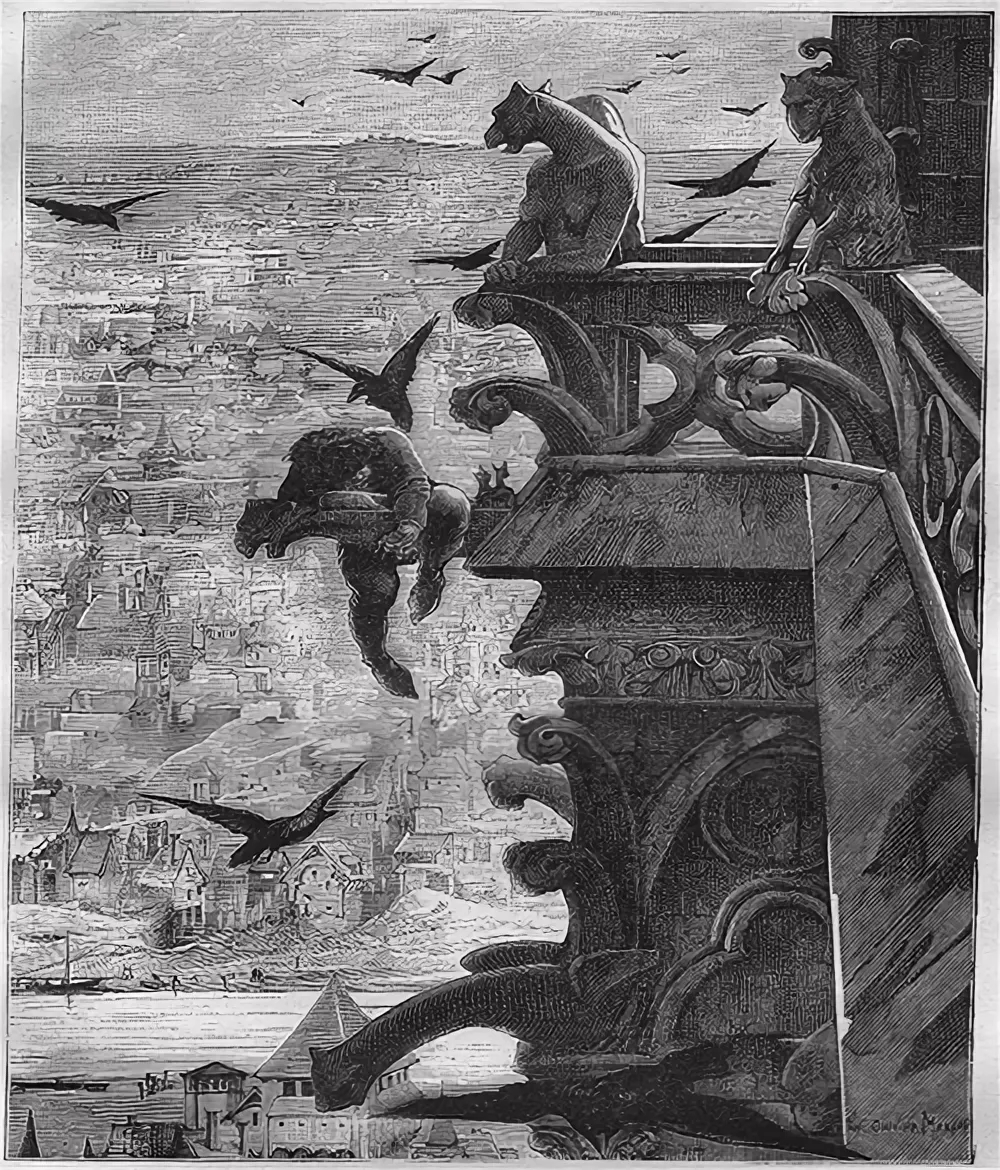“Long live the King” hailed Entertainment Weekly upon publication of Stephen King’s On Writing. Part memoir, part master class by one of the bestselling authors of all time, this superb volume is a revealing and practical view of the writer’s craft, comprising the necessary tools of the trade every writer must have. King’s advice is grounded in his vivid memories from childhood through his emergence as a writer, from his struggling early career to his widely reported, near-fatal accident in 1999—and how the inextricable link between writing and living spurred his recovery. Brilliantly structured, friendly and inspiring, On Writing will empower and entertain everyone who reads it—fans, writers, and anyone who loves a great story well told.
I bought this book after walking through a local brick and mortar bookstore. This book was listed as required reading for a high school creative writing class. I was quite surprised that Stephen King had written a book on writing and that the book was needed for a high school class. My interest peaked, I bought it. I was not disappointed.
King provides an autobiographical portion as his C.V. From this, I came to understand King and his writing. All authors, like all characters, have a backstory. His is not pleasant.
He also provides excellent help for fiction writers, the pitfalls to avoid, and an encouragement for writing. His directions for first steps for the author desiring to be published are invaluable. I can recommend this book to anyone who enjoys writing fiction for personal enjoyment and to the aspiring professional fiction writer.


